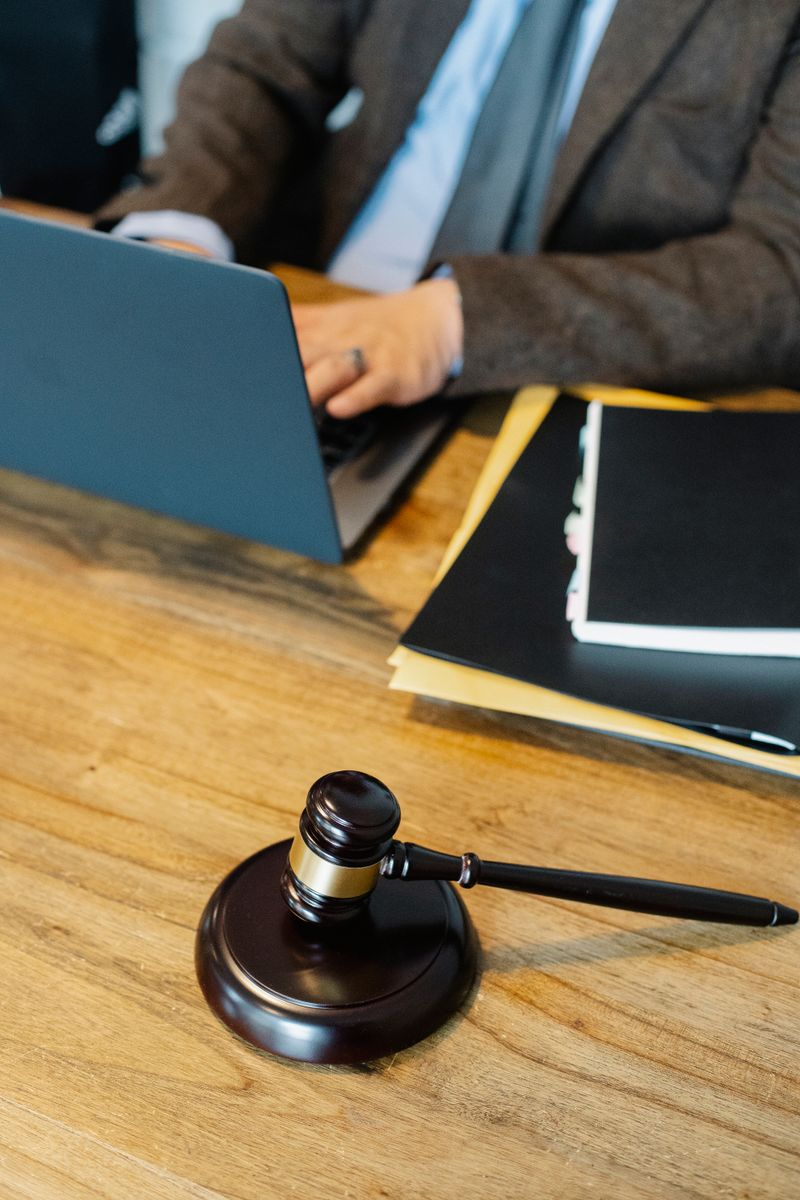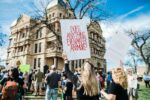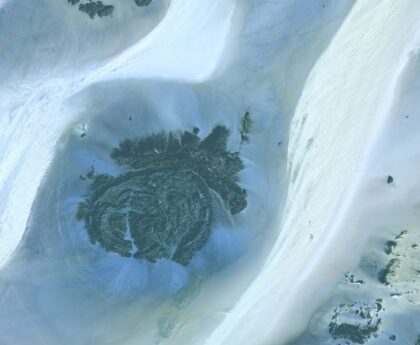Niger’s Ousted President Faces Prosecution for High Treason, Deepening Regional Tensions
The Background
Niger’s political landscape has been thrown into chaos since the ousting of President Mohamed Bazoum in a coup d’état by the presidential guard. The July putsch, which sparked international condemnation, marked a significant setback for democratic governance in a region already plagued by coups and militant extremism.
Niger’s Democratic Progress and Regional Implications
Niger had been one of the few remaining democracies in the West African region, with Bazoum’s election win in 2021 symbolizing a relatively peaceful transfer of power. However, the recent coup has not only disrupted Niger’s democratic progress but also raised concerns among neighboring countries.
Prosecution for High Treason
The military council that toppled Bazoum’s government, known as the National Council for the Safeguard of the Homeland (CNSP), has now claimed to have gathered evidence to prosecute the deposed president for “high treason” and undermining internal and external security. Such charges significantly escalate the stakes in the ongoing standoff between the junta and regional players who are determined to restore constitutional order.
Regional Response and Potential Crisis
Leaders from the Economic Community of West African States (ECOWAS) have responded to the coup by enacting sanctions and issuing an ultimatum to the ruling military junta, demanding a return to civilian rule within a week or face possible military intervention. While ECOWAS aims to restore constitutional order, three other West African nations – Mali, Burkina Faso, and Guinea – which have recently experienced their own military coups, have expressed solidarity with Niger’s junta. This alignment has raised concerns of the potential escalation of the crisis into a regional conflict.
Diplomacy and Constraints
Diplomatic efforts to resolve the crisis have encountered obstacles, with the Nigerien junta initially refusing a tripartite delegation from ECOWAS, the United Nations, and the African Union. However, on Sunday, the junta expressed a willingness to meet with ECOWAS representatives, signaling a potential opening for dialogue. Despite these promising developments, tensions and divisions among countries in the region remain high.
Editorial: Preparing for a Resourceful Solution
Preserving Stability and Democracy in West Africa
The current crisis in Niger not only threatens to destabilize the country but also jeopardizes the stability and democratic progress of the broader West African region. The recurrence of military coups in multiple countries highlights ongoing challenges to democratic governance, which is essential for sustainable development, peace, and security. It is now crucial for regional leaders, including ECOWAS, to effectively address this crisis, lest it spreads further and undermines the hard-won gains of democracy.
The Ethical Dilemma of Prosecuting a Former President
The possibility of prosecuting Bazoum for high treason raises philosophical and ethical questions about justice, accountability, and the rule of law. While addressing the actions of those responsible for undermining democratic processes is important for deterrence and ensuring the credibility of democratic institutions, certain considerations must be taken into account. Primarily, any legal process must ensure fairness, transparency, and independence to prevent accusations of political bias and to uphold fundamental human rights.
The Role of External Actors
External actors, including ECOWAS, the United Nations, and the African Union, should play a legitimate and impartial role in assisting Niger in resolving the current crisis. Their interventions must prioritize mediation, dialogue, and the facilitation of a peaceful transition back to civilian rule. Additionally, these actors should provide economic and humanitarian support to Niger, which is currently grappling with the aftermath of the coup. International pressure, combined with diplomatic negotiations and incentives, can help bring about a peaceful resolution.
Seeking a Regional Consensus
The solidarity expressed by Mali, Burkina Faso, and Guinea towards Niger’s junta adds further complexity to the crisis. Regional consensus is crucially needed to prevent the normalization of military coups, which undermines democratic values and sets dangerous precedents. A concerted effort by ECOWAS, the African Union, and other regional actors to condemn and isolate coup leaders will help convey a strong message against such anti-democratic actions.
Advice: Choosing Dialogue and Cooperation
De-escalation and Engagement
Niger’s current crisis calls for a multi-faceted approach that combines de-escalation, engagement, and long-term solutions. While ECOWAS has taken a firm stance through its sanctions and ultimatum, the door for dialogue remains open. The willingness of the junta to engage with ECOWAS representatives is an encouraging step. Now is the time for all parties involved to prioritize dialogue and cooperation, seeking a peaceful resolution that restores constitutional order in Niger.
Mediation and Conflict Resolution Mechanisms
The involvement of mediators and conflict resolution experts can be instrumental in facilitating negotiations between the junta, regional leaders, and other relevant stakeholders. A neutral and trusted mediator, supported by international and regional organizations, can help bridge the divide and find common ground for a peaceful resolution. It is imperative for all parties to recognize the value of compromise and the need to prioritize the well-being of Niger’s citizens over individual power struggles.
Supporting Niger’s Democratic Transition
Beyond resolving the immediate crisis, assisting Niger in its long-term democratic transition is essential. This includes supporting institutions that promote good governance, human rights, and the rule of law. Investing in civic education, empowering civil society organizations, and fostering an inclusive political environment will lay the foundation for a resilient democracy in Niger and the wider region.
The Role of International Aid and Cooperation
The international community should provide financial and technical assistance to Niger to support its development goals and help address the underlying socio-economic challenges that fuel political unrest. By combining resources with strategic partnerships, both regionally and internationally, a comprehensive response can be formulated that addresses the root causes of instability and ensures a more democratic future for Niger and its neighbors.
In conclusion, the prosecution of Niger’s ousted president for high treason has intensified the already precarious situation in the country and raised concerns among regional actors. Resolving the crisis requires a delicate balance between justice and the need for stability, with an emphasis on comprehensive regional cooperation, mediation, and long-term solutions. By prioritizing dialogue, de-escalation, and support for democratic transitions, Niger and the wider West African region can move towards a more peaceful and democratic future.

<< photo by Sora Shimazaki >>
The image is for illustrative purposes only and does not depict the actual situation.




